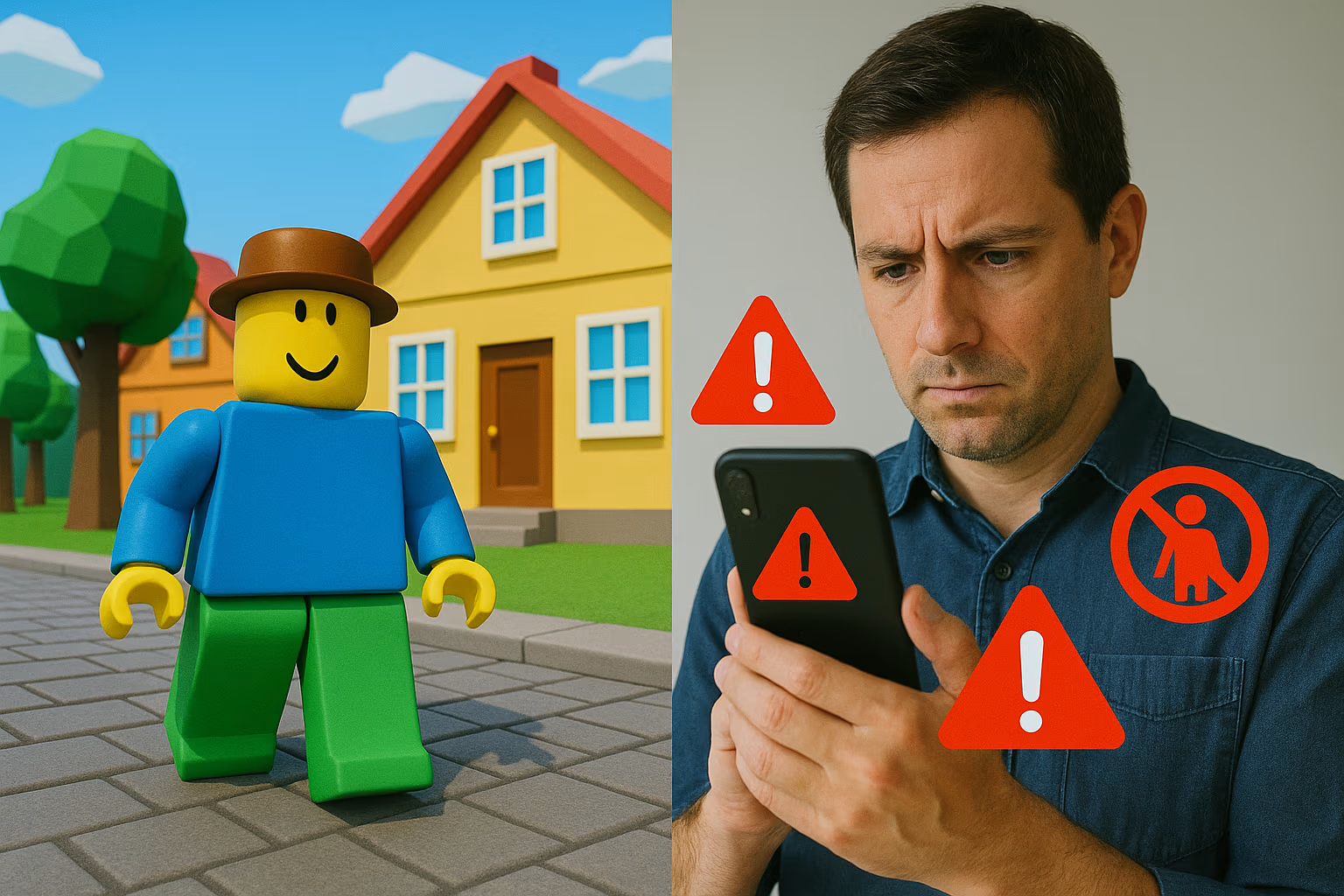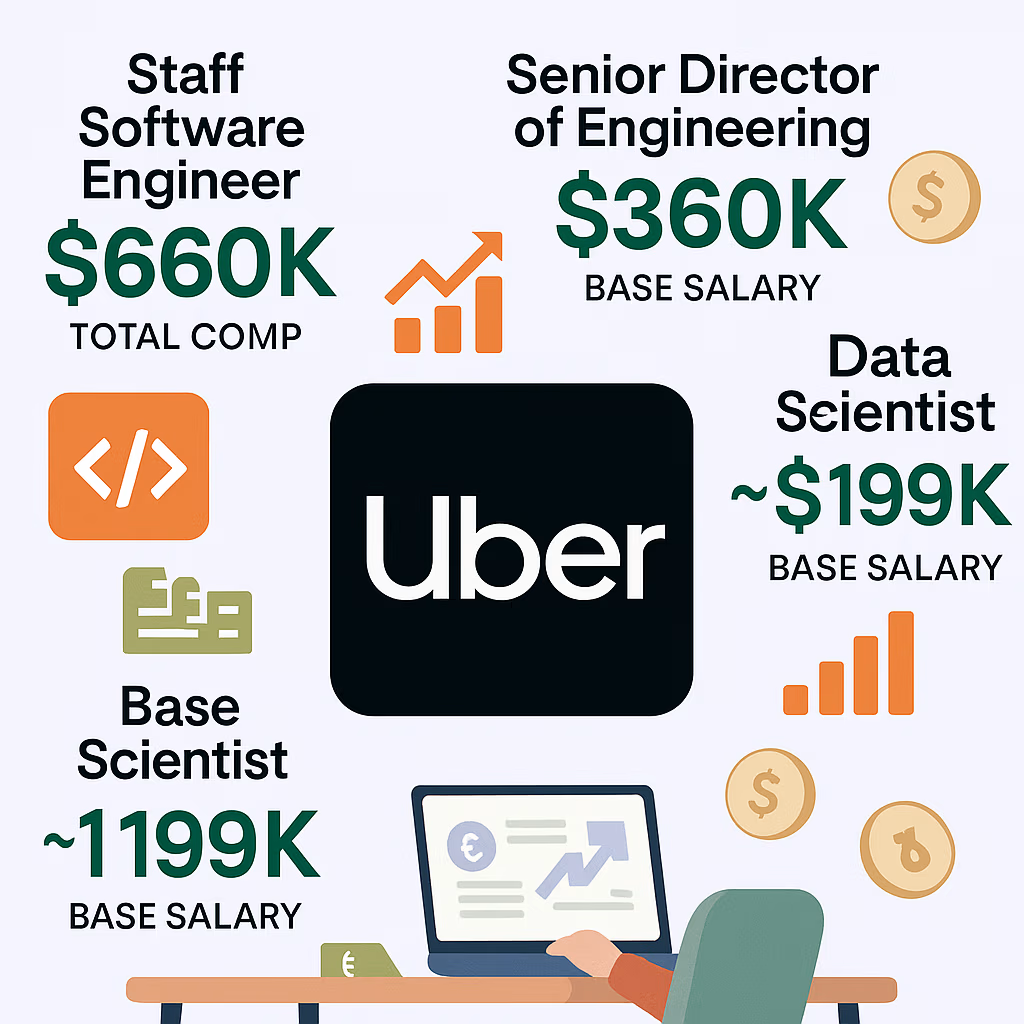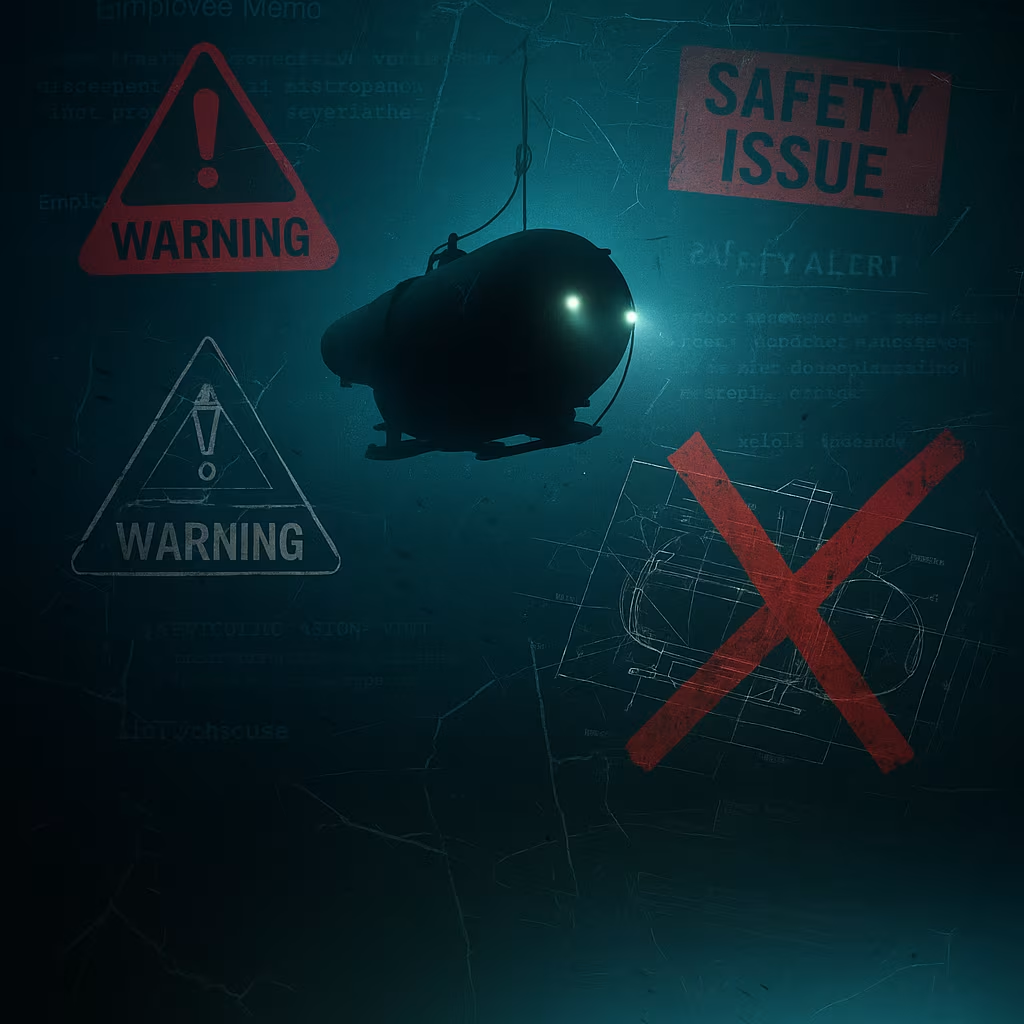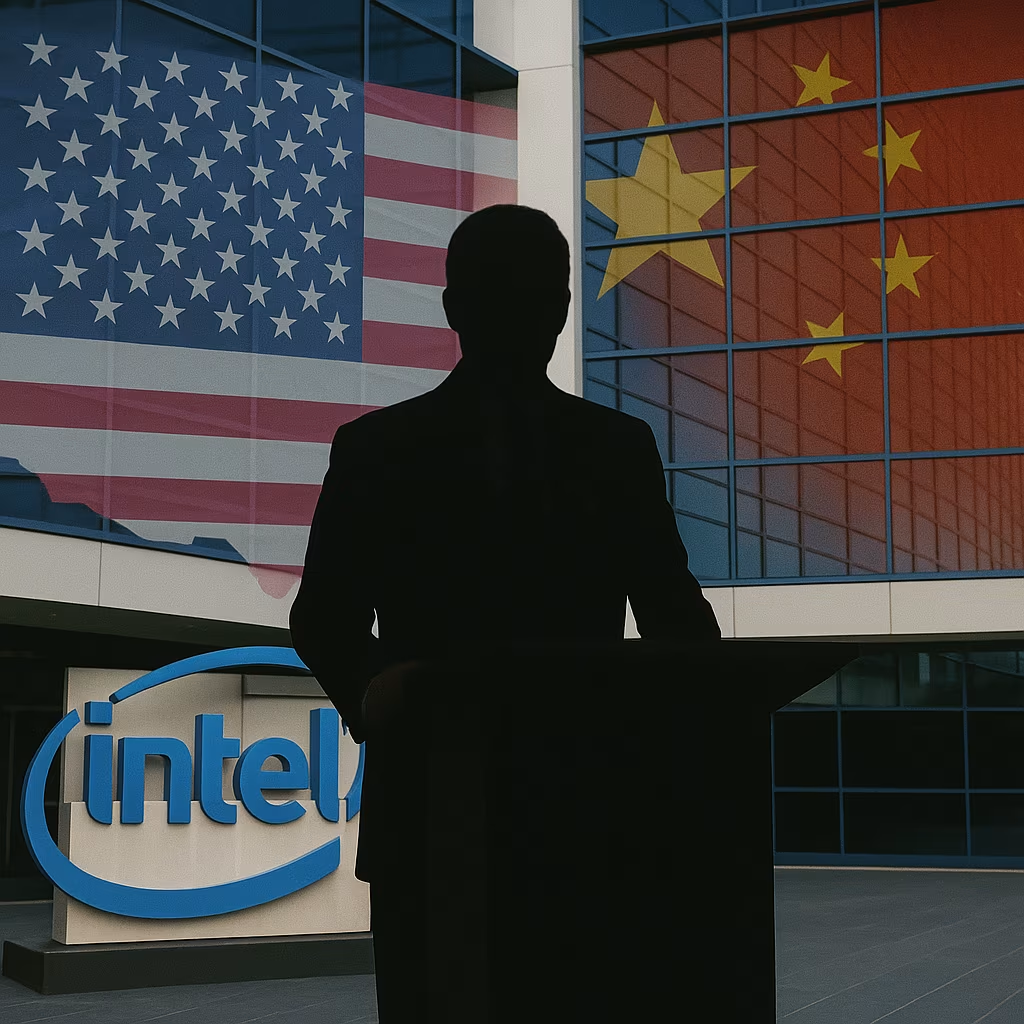Roblox Corporation, the online gaming giant known for its vast virtual worlds and popularity among children and teenagers, saw its stock tumble following news of a lawsuit filed by the Louisiana Attorney General. The suit accuses Roblox of failing to adequately protect minors on its platform and claims the company has allowed harmful and inappropriate content to persist despite repeated warnings.
The lawsuit paints Roblox as a space where predators can exploit weak safeguards, citing examples of explicit games and chat environments that allegedly expose children to serious risks. It also accuses the company of prioritizing user growth and profits over the well-being of its youngest players. For a platform where nearly 40% of users are under the age of 13, the allegations strike at the core of Roblox’s identity and reputation.
Roblox strongly rejected the accusations, emphasizing its ongoing investment in safety systems, AI-driven moderation, and new parental control tools. The company has rolled out features such as selfie-based age verification, content filters, and stricter default settings for younger users. It has also stressed its commitment to working with law enforcement and child protection agencies to detect and address potential threats. Still, the lawsuit raises questions about whether Roblox’s safety measures are sufficient to match the scale and complexity of its platform.
Investor reaction was swift. Shares of Roblox fell sharply, reflecting mounting concerns about the financial and reputational risks the company now faces. Beyond the immediate legal battle, the lawsuit underscores the growing regulatory scrutiny facing tech platforms that cater to children. Investors worry that more lawsuits from other states, or even federal regulators, could follow, potentially leading to costly reforms, fines, or restrictions that might slow Roblox’s growth trajectory.
The broader issue for Roblox is balancing creative freedom with child safety. Its success is built on a user-generated content model that empowers millions of creators to design their own games and experiences. However, this same openness makes it difficult to fully police inappropriate or harmful material. Critics argue that the platform’s current moderation and verification systems have not kept pace with the challenges of its massive community.
If the lawsuit proves successful, Roblox could be forced to implement sweeping changes. These might include stronger age verification, more robust parental oversight tools, and stricter rules around communication features. Any mandated reforms could increase costs and reshape how the platform operates, potentially limiting some of the creative freedom that has made it so popular. At the same time, decisive reforms could help restore public trust and reassure parents that Roblox takes child protection seriously.
The case also has broader implications for the tech and gaming industries. Governments are increasingly focused on holding platforms accountable for child safety, and Roblox may become a test case for how far regulators are willing to go. If the company is found negligent, it could spark new waves of lawsuits and legislation targeting other platforms with young audiences.
For now, Roblox faces an uphill battle to defend its practices while reassuring both parents and investors that it is serious about protecting children. The company’s reputation and market performance will depend heavily on how quickly and effectively it addresses the concerns raised by the Louisiana lawsuit. The challenge is not only to win in court but also to demonstrate to the public that the safety of its youngest players is truly a top priority.





